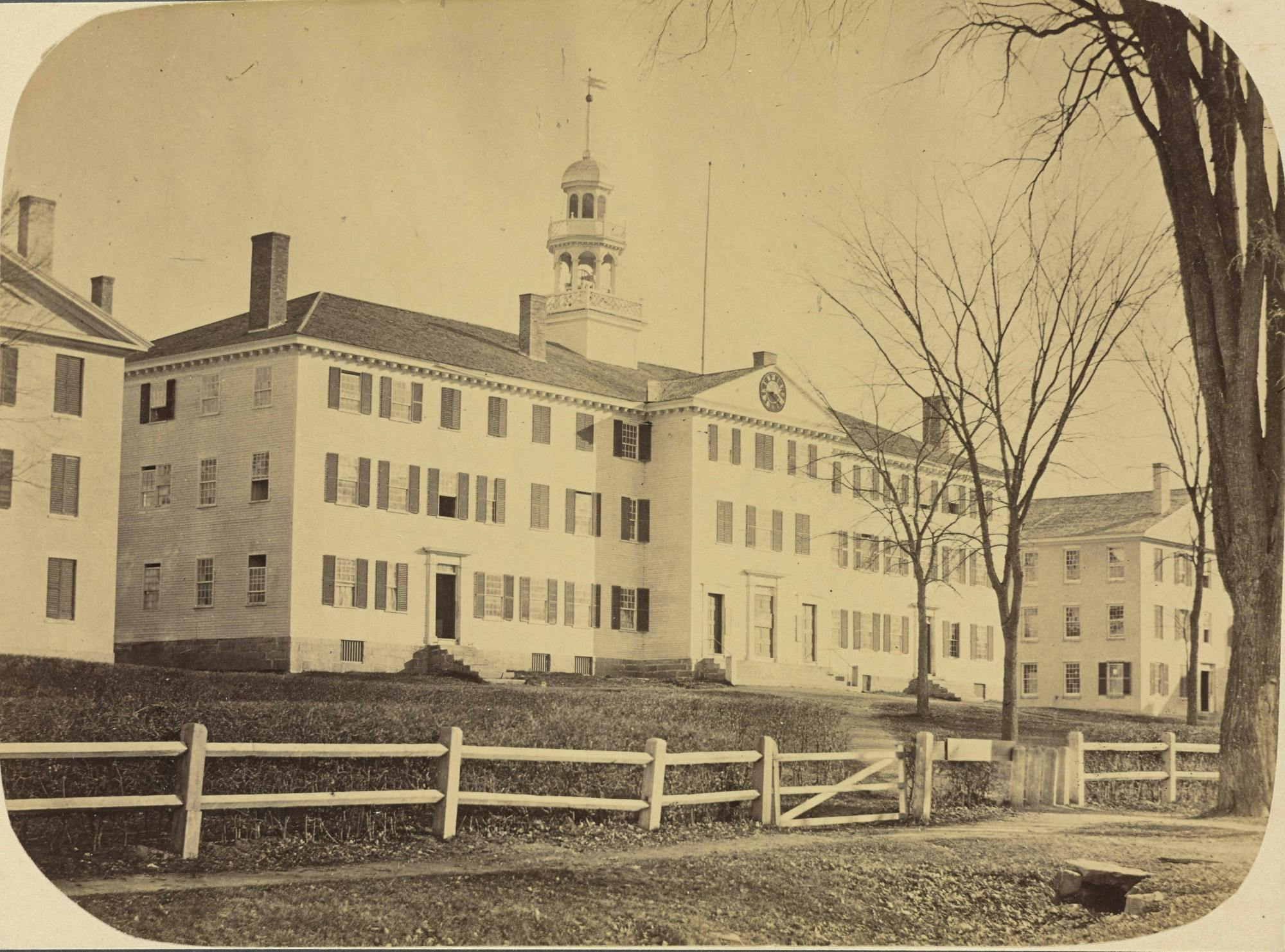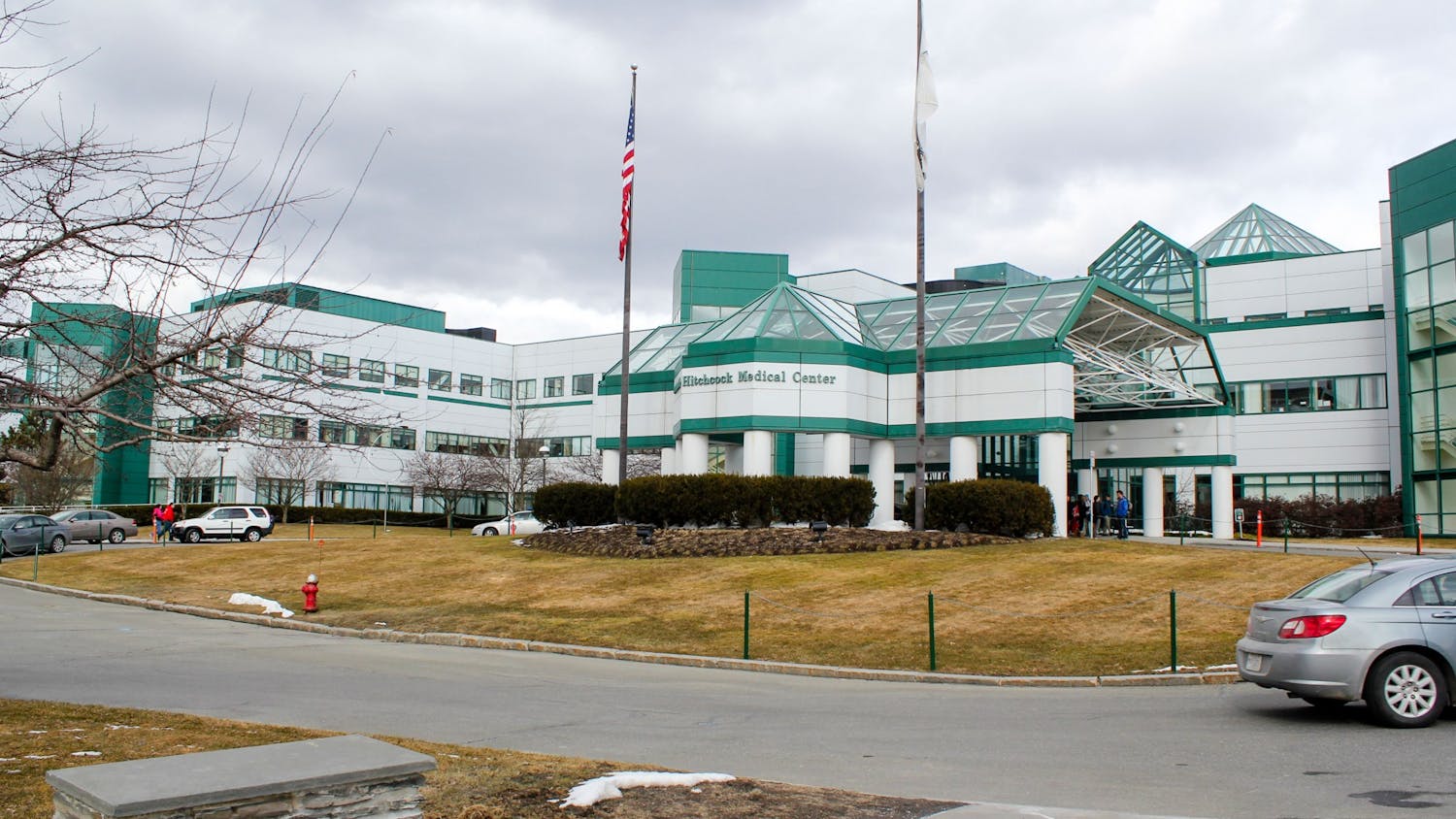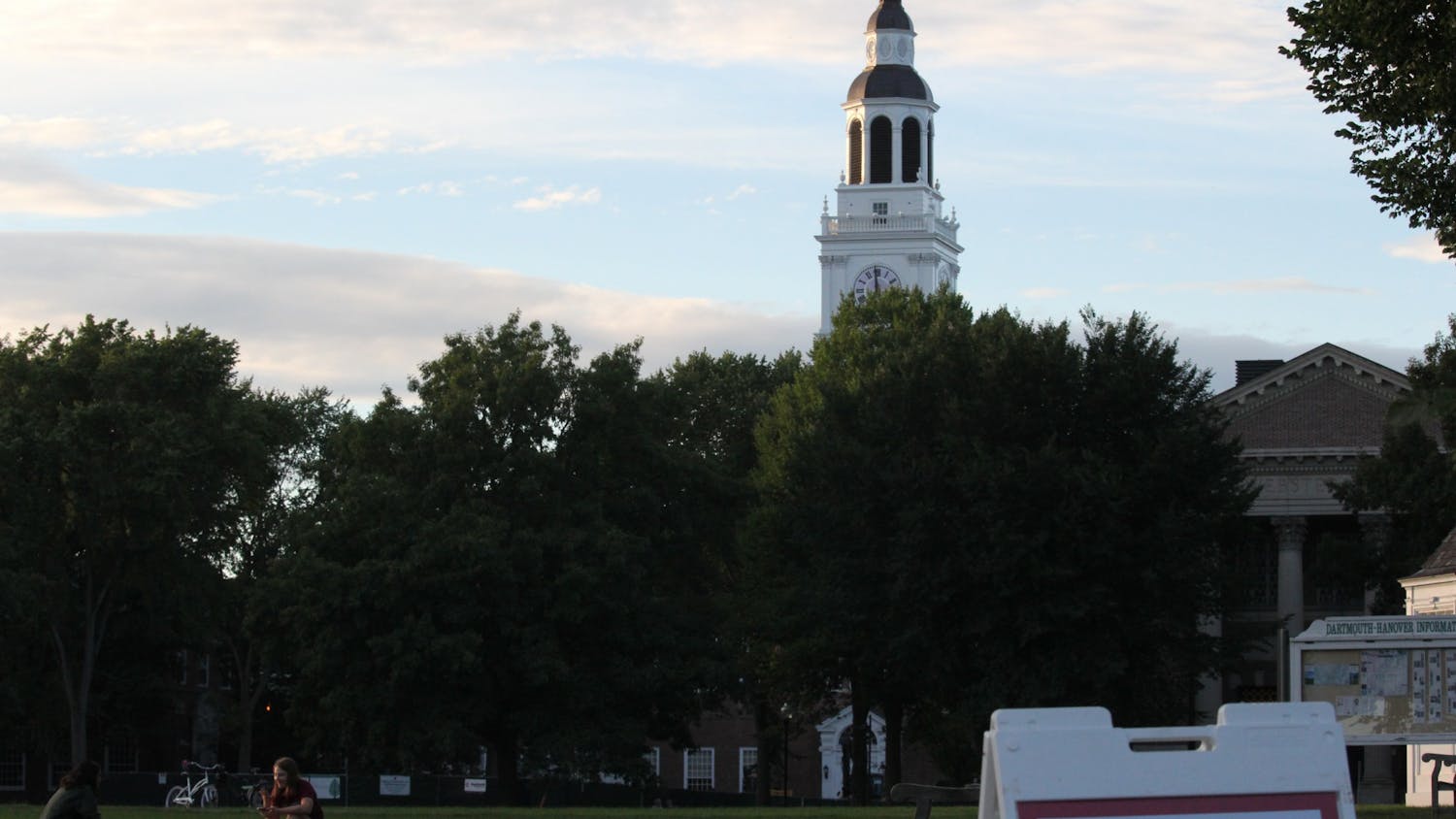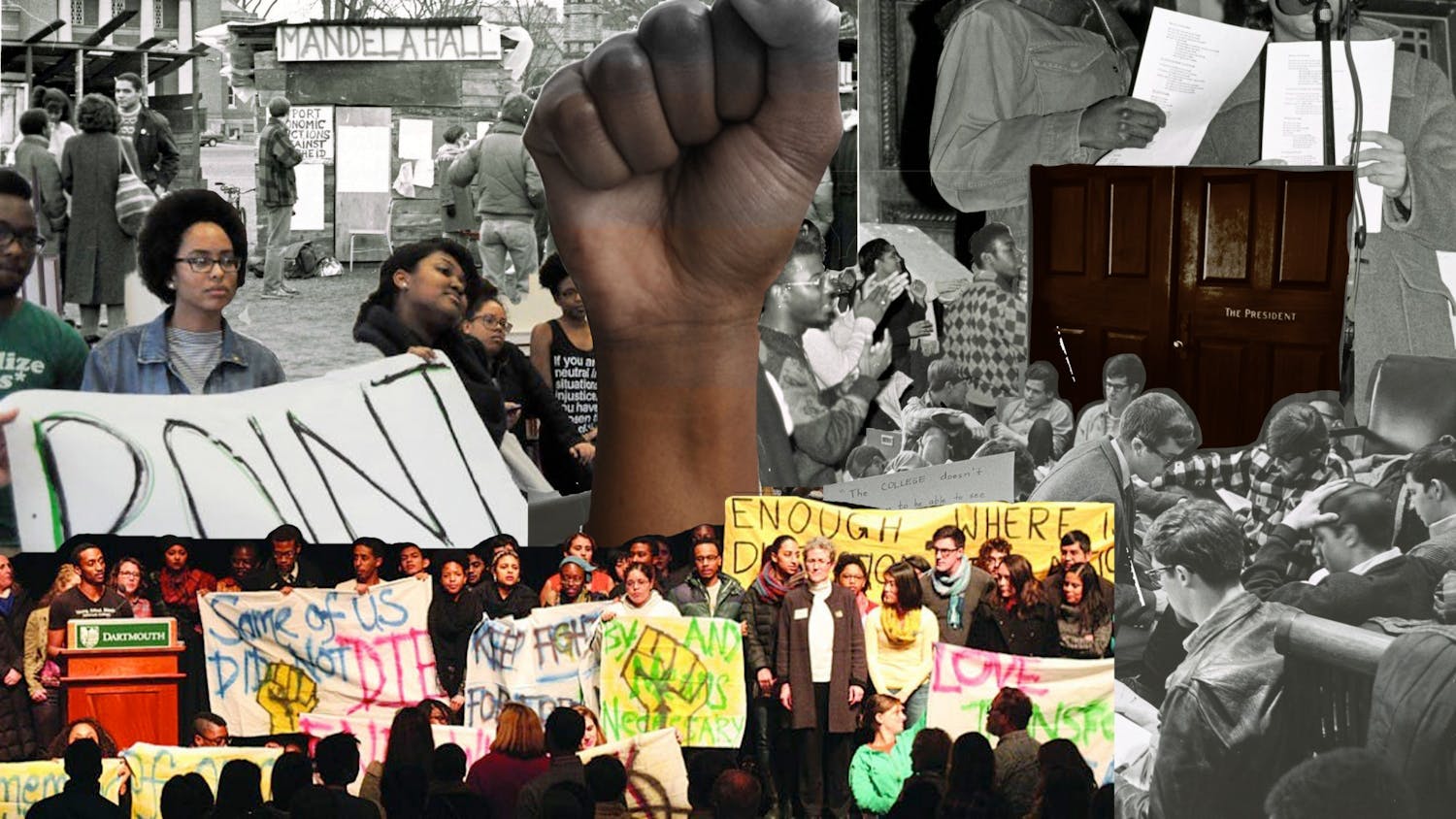To make sense of COVID-19, we do what we’ve always done when studying emerging historical events — we compare. So naturally, I decided to investigate past disease outbreaks on Dartmouth’s campus.
Thanks to the incredibly patient Rauner Special Collections Library staff members (and their transcriptions of documents with handwriting foreign to my untrained eye), I was able to access files that offered a glimpse into the College’s public health history. To me, one epidemic immediately stood out: smallpox. My favorite archival file I found was a letter, written in 1798, from a student to his parents. Our protagonist of this dive into Dartmouth’s smallpox story is Nathan Noyes ’96 (1796, that is), who wrote to his mother and father: “Honoured parents … Last Saturday I returned from Lincoln [New Hampshire] where I spent twenty-three days under the operation of small-pox.”
For some helpful context, smallpox tore through the Upper Valley during the late 18th and early 19th centuries. Since 1980, smallpox has been officially eradicated, largely thanks to an effective vaccination campaign. In 1798, however, public health was in its infancy. Consequently, smallpox ravaged the town of Hanover, and the panic was exacerbated by the virus’ severity — smallpox had a fatality rate of about 30%. Inoculation, or artificially inducing immunity, was the answer to combatting smallpox; this is what Noyes meant when he said he was “under the operation” of the virus. However, inoculation itself has quite the controversial place in Dartmouth’s history.
In 1776, Dartmouth president and founder Eleazar Wheelock was locked in a bitter battle with local physician Laban Gates. Wheelock, who had asthma and was particularly fearful of smallpox, adamantly opposed inoculation. One can imagine his anger upon hearing that Gates was inoculating students, and doing so without telling any institutional authorities.
Before we collectively pen Wheelock as an anti-vaxxer, context is again important. Inoculation at the time didn’t equate to a brief trip to the doctor, three seconds of pain and a sore left arm. Rather, according to Dartmouth Medicine Magazine, “the doctor would make a cut in your arm, and take the smallpox germs and just rub it right into your cut … so, if your immunity wasn’t strong enough, you got smallpox.” Such a method proved fatal in many cases.
Wheelock’s displeasure is clear in a letter he penned to Gates from 1776. He accuses Gates of “clandestinely … communicating the small pox by inoculation among the Students of the College,” something that he felt demonstrated complete disregard not only for his own health but also for the town, the College and “the peace and comfort of the Parents at a distance who have Children” at the school.
For all of Wheelock’s impassioned and copiously capitalized words, he was outnumbered. Students, trustees and other community members supported inoculation. In fact, students even petitioned the president, accusing his prohibition of the procedure as “injuriously encroach[ing] upon the privileges and immunities of this College.”
Where did Noyes fall in this debate? It seems that he fell in line with his peers. He did not condemn his inoculation nor paint his period of affliction to be anything terribly disagreeable. He confirmed to his parents that the effects of inoculation “constantly proved at Lincoln a mild disorder,” writing, “among the seven persons who were inoculated with me the only complaint seemed to be that they had not pox enough. …We had three women in the company to whose neatness & assistance we were much indebted.”
After providing this update, Noyes moved on to more pressing matters — he asked his parents about the commencement money his sister previously mentioned he might be receiving. Noyes’ nonchalant attitude makes the letter seem comical in today’s world. Most students would let their parents know the minute that they tested positive for COVID-19, never mind being infected with smallpox.
What’s clear from looking at Dartmouth’s interaction with smallpox at the institutional level is that parallels exist. There is always a pushback between the administration and students, and even conflict within the administration itself.
And on the student side, Noyes’ casual attitude toward getting smallpox shows us that students cope with outbreaks in a similar way, even if it's 200 years later. Despite the presence of a global pandemic, and the near apocalyptic landscape of people walking around in masks, Dartmouth students continue on with their studies and social activities. If we got through it then, we’ll get through it now.




